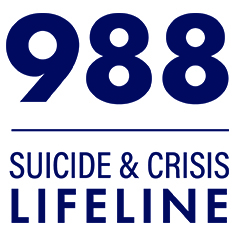Communities taking frank approach after teen suicides
February 21, 2014
Many schools are now reacting to suicides more quickly and explicitly than before. “There’s no evidence that asking about it and talking about it does harm. . . And it could be critical for certain vulnerable youth,” said Christine Moutier, chief medical officer at the American Foundation for Suicide Prevention. According to Darcy Haag Granello, project director of the suicide prevention program at Ohio State University, “Whether or not schools are talking about it, the students are.” Said Granello, “We think the best strategy is to be straightforward, but not go into specifics.” After two suicides this fall among high school students in Newton, MA, the community developed a suicide prevention coalition and high school staff were provided with mental health training. The schools are also are working with a mental health care group to provide more services. Following a third suicide, a letter was sent to Newton parents providing a list of suicide prevention groups and urging parents to talk with their children. “We’re creating an environment where people realize that talking about it is a good thing,” said Dori Zaleznik, Newton’s health commissioner. “We don’t want to glorify what happened, but we want to get people talking and make sure everyone knows that help is available.”
Spark Extra! Check out Preventing Suicide: A Toolkit for High Schools
